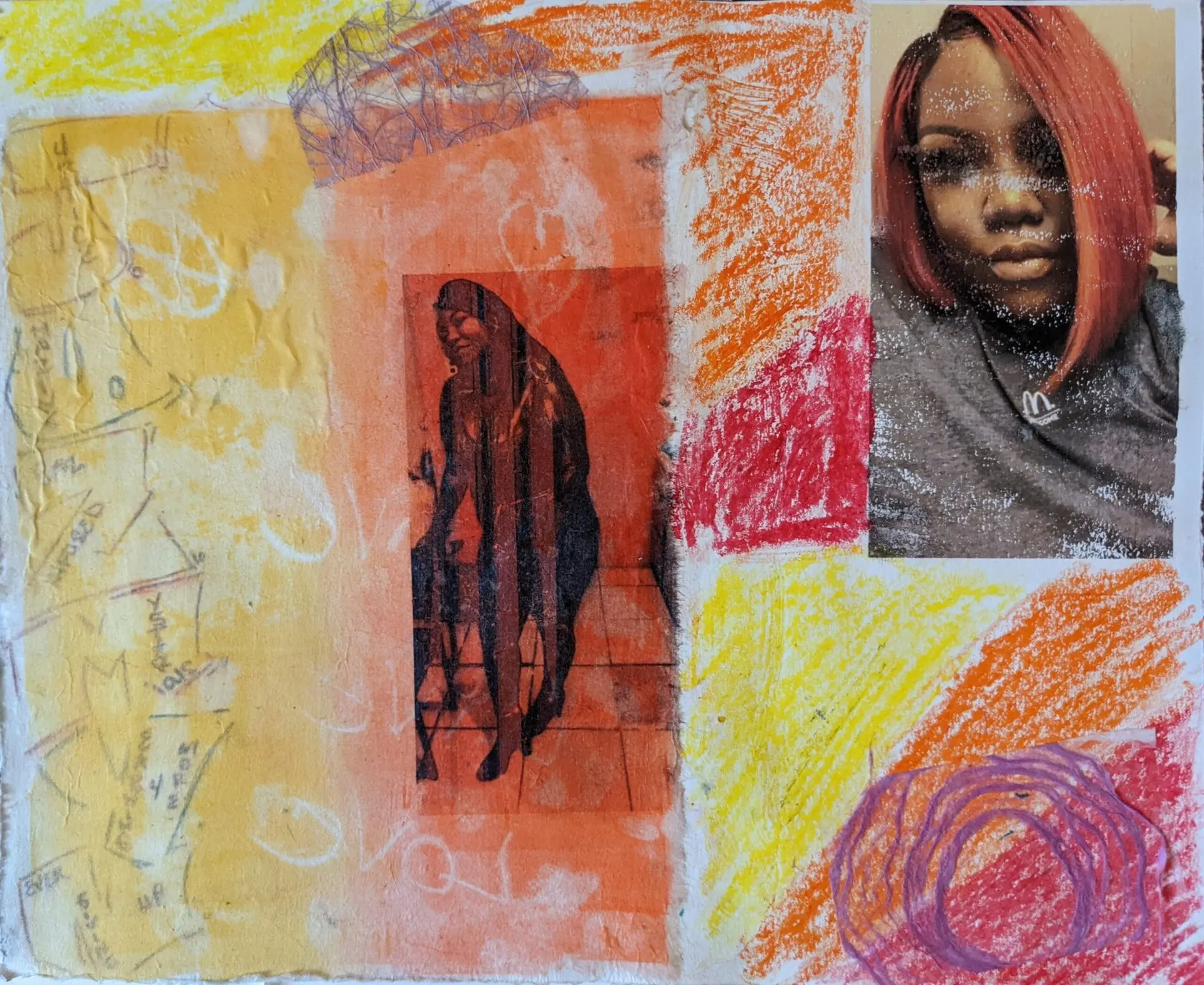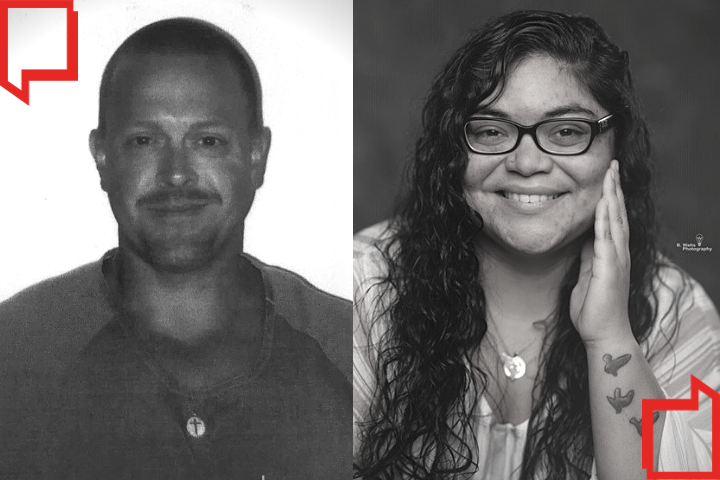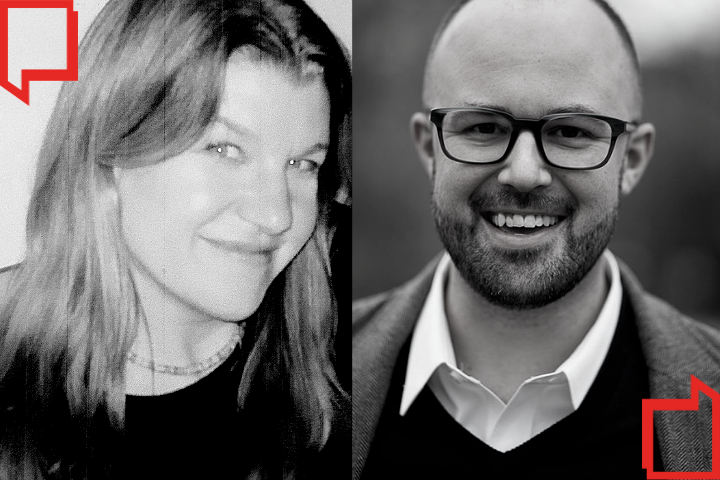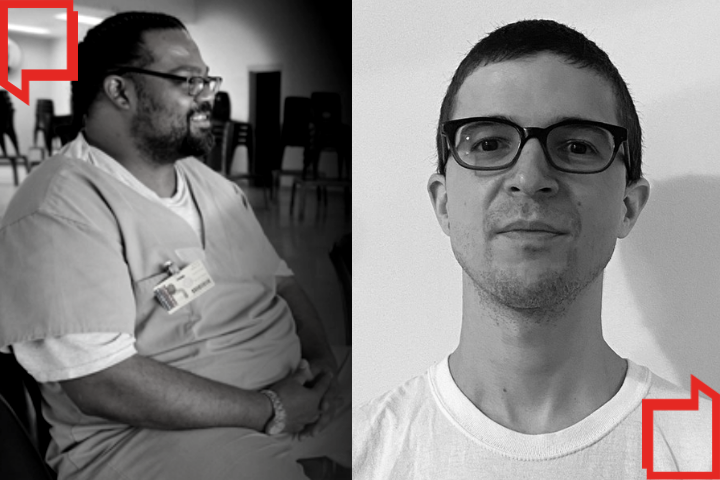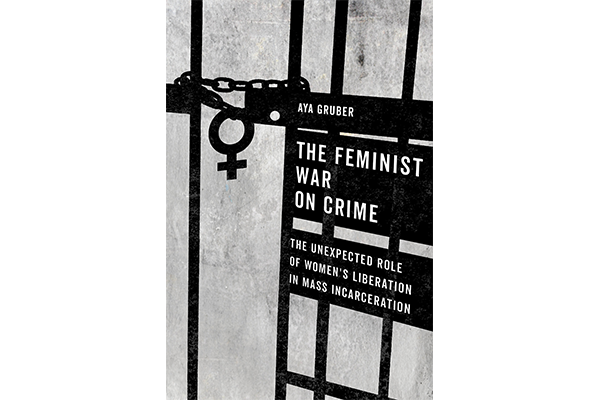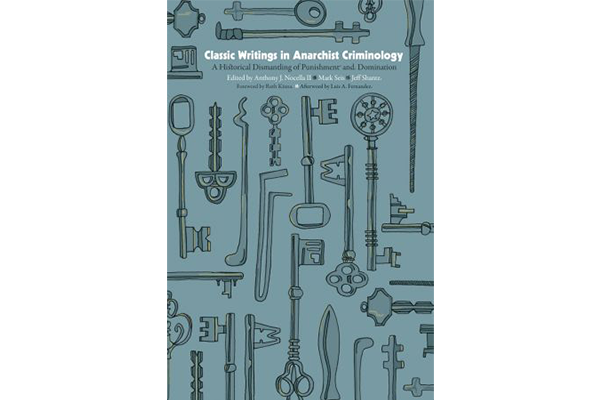Lyle May was awarded 3rd Place in Nonfiction Essay in the 2022 Prison Writing Contest.
Every year, hundreds of imprisoned people from around the country submit poetry, fiction, nonfiction, and dramatic works to PEN America’s Prison Writing Contest, one of the few outlets of free expression for the country’s incarcerated population.
Central Prison’s programs department ignored two letters about my missing exam. Bad enough it was a retake because the original got lost in the mail. Now the retake was missing. But this time it was Programs. The staffer who proctored the exam promised to scan and email it to the university, but it never happened. Against my better judgment I asked the unit manager and a sergeant to get involved and call Programs. In the past these custody staff went out of their way to make life hard on everyone, but I was out of options.
Two days later I was summoned to the Sergeant’s Office with another prisoner enrolled in correspondence courses. Smothering a smirk, the sergeant related the news. The North Carolina Division of Prisoners Education Coordinator, in an email to the Programs Department, terminated access to educational courses for death row prisoners. It didn’t matter that we were in the middle of courses paid for by our sponsors, or that no policy expressly prohibited correspondence courses for death row prisoners. They did not care that I had enrolled in courses for 17 years with the blessing of every warden and associate warden of programs. In response to our dumbfounded looks the sergeant said “y’all ain’t here to be rehabilitated.”
The sudden arbitrary decision only partly surprised me. In recent years opposition from prison officials to my degree program had grown. They believed people on death row should suffer, not learn. It began when an academic internship application was confiscated from my mail. The program director didn’t understand it. “Why do you want to work at the prison? You’re an inmate.” She looked angry, as if I was suggesting anyone could do her job. When I politely explained my Ohio University bachelors in specialized studies degree program for Criminal Justice Administration had nothing to do with working for the prison, and that the internship would be about writing on the policies of mass incarceration, she grew annoyed. “We’ll see,” she said. I was denied access to the internship and it took six months before new courses were approved.
In a call to my academic advisor’s boss, then associate warden of programs Donald Mobley expressed distaste over the university’s support of death row prisoners. “You’re wasting time and resources. Executions will resume soon enough. What then?” My advisor was in tears when she related this, but I told her it is a common sentiment amongst prison officials.
In another incident, former Warden Eddie Thomas responded to a written request for a GED program on death row with a single sentence letter. “You are not in prison to be educated.” This despite the fact a GED is mandatory for every regular population prisoner who is able.
North Carolina has not executed anyone since 2006, and is unlikely to do so again any time soon, if ever. Since 1976 the state’s courts have overturned 71-74 percent of all death sentences on appeal. This includes eight exonerations. Racial bias, ineffective assistance of counsel, police, prosecutor, and jury misconduct taint nearly every capital case. During the decades-long appellate process, while I exhaust every available legal remedy to overturn my wrongful conviction, my sentence cannot be carried out. While in this legal limbo I and any other prisoner on death row have a right to access rehabilitative programs offered to other prisoners.
The inability to execute prisoners while they challenge their conviction and sentence does not give prison officials license to inflict additional punishments. There is no rational basis for doing so, it serves no legitimate government interest, is not an extension of the jury’s verdict, and has nothing to do with public or penal safety. While people in prison lose many rights, equal protection under the 14th Amendment is not one of them. The U.S. Supreme Court agreed in Little v. Terhune (2002) and Damron v. North Dakota Commissioner of Corrections (2004). A state cannot deny prisoners equal access to educational opportunities without a rational basis for such discriminatory treatment.
When Congress banned prisoner access to Federal Pell Grants in 1994, eliminating most college-in-prison programs, prison staff who supported the rehabilitative were forced out. Prisons became more violent, dangerous, overcrowded, and as recidivism rates climbed, failed as public institutions. The removal of parole as an incentive for good behavior, combined with the absence of rehabilitative tools like college, and a “let ‘em rot” mentality amongst staff and the public, made it more likely reentering citizens were worse off than before. The incarcerated suffered, died, or became more dangerous as gangs filled the void.
I was incarcerated in 1997, at the age of 19, for a double homicide I did not commit. Less than two years later a jury convicted and sentenced me to death. My older co-defendant received a plea deal that would see him released in 2010.
Unlike the movies, North Carolina’s death row at Central Prison in Raleigh is a congregate unit with open cell blocks. The doors to our cells open at 7am and close again at 10:45 pm. In between we are left to our own devices in a unique place where some appeal their cases, others wait to die, but everyone does time without the benefit of programs to manage their incarceration.
In 2004 a non-profit organization offered to sponsor my enrollment in some college correspondence courses. It would be something constructive to do with my time and teach me about the world. Accepting the offer became the best decision of my life. As a high school drop out who earned a GED in a youth detention center, college was not something I imagined in my future. However, maturity, sobriety, and encouragement from the right kind of friends helped me fall in love with higher education. I recognized what a rare opportunity I had and, after completing a social psychology course, never looked back.
I enrolled in 2-3 courses each year, initially through UNC Chapel Hill, then Ohio University. There was no educational coordinator at Central Prison, just a few Programs staff who still supported anyone pursuing higher education. The lack of any formal education apparatus meant I sometimes showed Programs staff how to fill out course registration forms or proctor exams. That, and a signature on those forms are the only tasks the university required of prison staff. I had to troubleshoot delayed or missing course materials, maintain deadlines, and coordinate with an academic advisor. All of it was done through the mail without a typewriter, computer, or library, but I got it done.
By 2013 I earned an Associates in Arts degree with a social science emphasis through Ohio University. My continued access to college correspondence courses allowed me to earn a Paralegal Certificate in 2015, admittance into a Bachelor of Specialized Studies degree program in 2017, induction into the Alpha Sigma Lambda Honor Society’s Psi Delta chapter at Ohio University in 2019, and receipt of their 2020 scholarship.
All of this was accomplished during my confinement on death row. Had more of my peers been granted access to an education, they too could have achieved much.
Independent learning in prison is often overwhelming and exhausting. You have to be the student, teacher, and advocate while people say you’re not worth educating, that it belongs to someone more deserving in the free world. In the face of such antagonism I could have quit, engaged in self-destructive activities, or like many in prison became more criminal. But if I learned anything from living through 33 executions, it’s that impossible odds define the environment, not my response to it.
Earning a degree and scholarship on death row has been a unique experience, one I see as a responsibility to help others achieve the same. Through prison journalism I advocate for greater access to college programs, counter false narratives that death row prisoners are worthless or irredeemable, and challenge common myths and misconceptions about the criminal legal system. I have become a productive member of society while in prison, accomplishing the very goals outlined by the North Carolina Division of Prison Education Department mission statement. The goals they now sought to undermine.
This begs the question: why don’t prison officials do everything they can to educate rather than oppress prisoners?
Congress understood that higher education is essential to carceral order, rehabilitation, and successful re-entry. In the second COVID-19 stimulus bill, lawmakers passed the 2020 FAFSA Simplification Act, which, among other things, restores Pell Grants to the incarcerated. The law is “sentence blind,” meaning that regardless of what one’s criminal conviction or sentence is, they can apply for a Pell Grant.
The return of federal funding for college-in-prison programs is welcome news. So too is the federal oversight of state officials’ efforts to implement college-in-prison programs, beginning no later than July 1st, 2023. Judging from my recent experience it will be necessary to keep prison officials honest in the process. Too many people incorrectly believe public funding is wasted on the incarcerated, that it limits the access of law abiding citizens who cannot afford college. Others believe prison should be torture. The truth is, no Pell Grant money has ever been taken from a qualified free citizen and given to a prisoner. More importantly, taxpayer money is better spent investing in rehabilitative services and education, not the prison industrial complex.
Prisons have become public safety hazards because of the self-fulfilling prophecy that prisoners “ain’t here to be rehabilitated.” Prison violence and recidivism are public safety hazards, but so too is the anti-intellectualism that undermines meaningful reforms. Throw-away-the-key approaches to crime and punishment were never a solution, but a short-sighted reaction that abdicated responsibility, ignored the data, and perpetuated the cycle of mass incarceration. This is evident in research and the collective experience of millions who have encountered the criminal legal system.
This time Congress chose to follow the facts and support higher education in prison. It is time for prison officials in every state to get on board. For public safety. For the future. For everyone.
Purchase Variations on an Undisclosed Location: 2022 Prison Writing Awards Anthology here.

